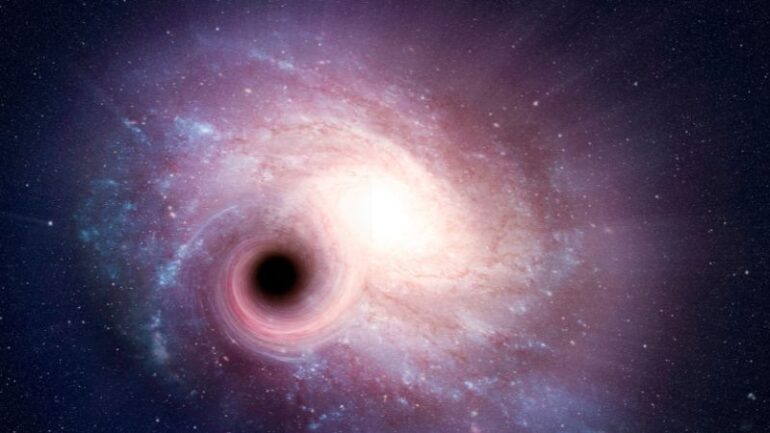Blackholes – what are they? Do they even exist and if so, how do we know they’re there if we can’t see them? Let’s dive into a blackhole of our own and find out if there is any legitimate science to support the theory of black holes.
According to astronomers, blackholes are believed to be so dense that their gravitational pull prevents everything from escaping – including light.
While this all sounds quite terrifying, is there any proof? Well, scientists believe the first proof of the existence of blackholes was discovered in 1964. While blackholes cannot be seen by the naked eye due to the fact that they do not reflect light, evidence of the blackhole named Cygnus X was discovered when X-rays were found to be radiating from a blue star.
Further research over the years concluded in 1971, that the star was orbiting a large, dark object. While this is the first recorded evidence of a blackhole, scientists actually theorised their existence much earlier.
What Would Happen If You Fell Into A Black Hole?
In the 20th century, this theory was brought forward by the famous Albert Einstein and physicist Karl Schwartzchild. Before this in 1783, English philosopher John Michell theorised the existence of an object so heavy that light could not escape it.
“His calculations assumed such an object would be the same density of the sun,” Cosmos Magazine journalist Evrim Yazgin said.
“His calculations assumed such an object would be the same density of the sun.
“Michell found that a star 500 times the sun’s mass would appear black because its immense gravity would slow objects, including light particles, trying to escape its surface before they crashed back into the massive star like a ball thrown in the air.”
Cosmos Magazine journalist Evrim Yazgin explains the science behind blackholes, answering age-old questions including whether blackholes can alter time and what would happen if one was to be sucked into a blackhole.
Put your thinking caps on, folks. Huh? Science Explained is here, the twice weekly podcast brought to you by LiSTNR and Cosmos. Hosted by Cosmos’ very own science journos, this is the podcast that will answer all of life’s questions – in just 10 minutes. Hear it on the LiSTNR app now.
